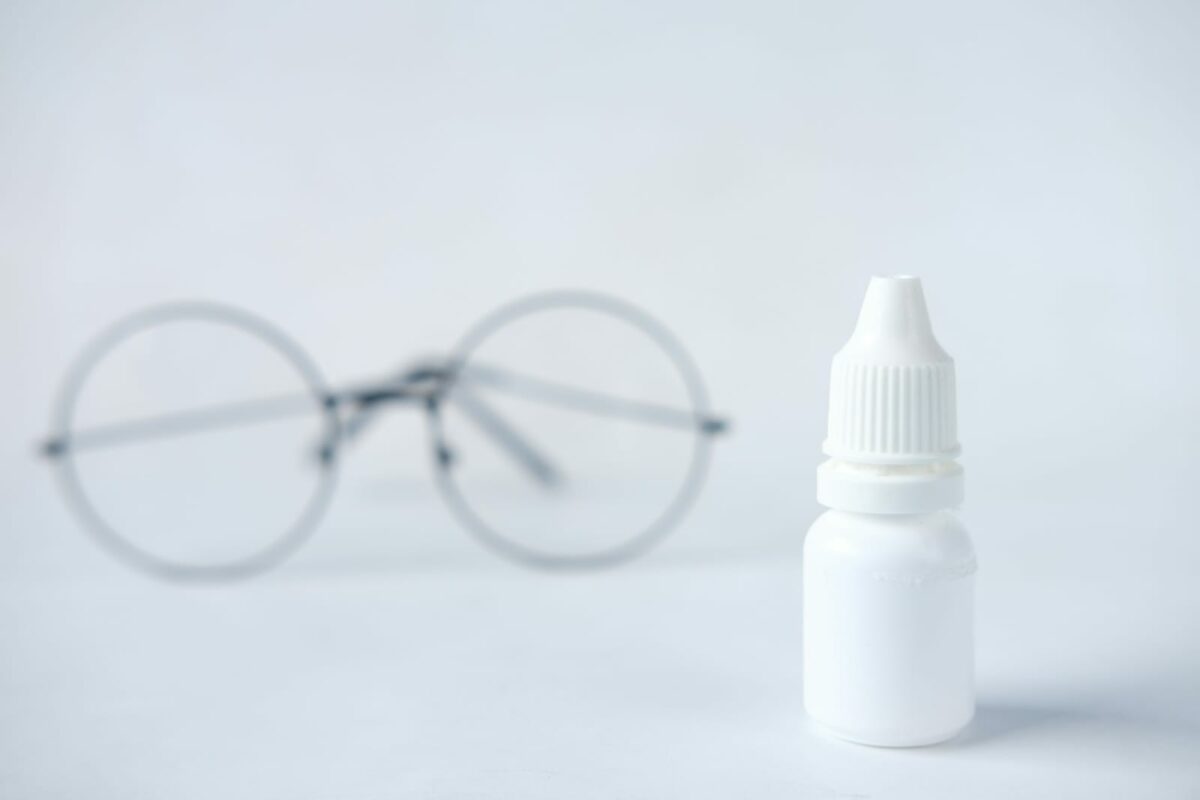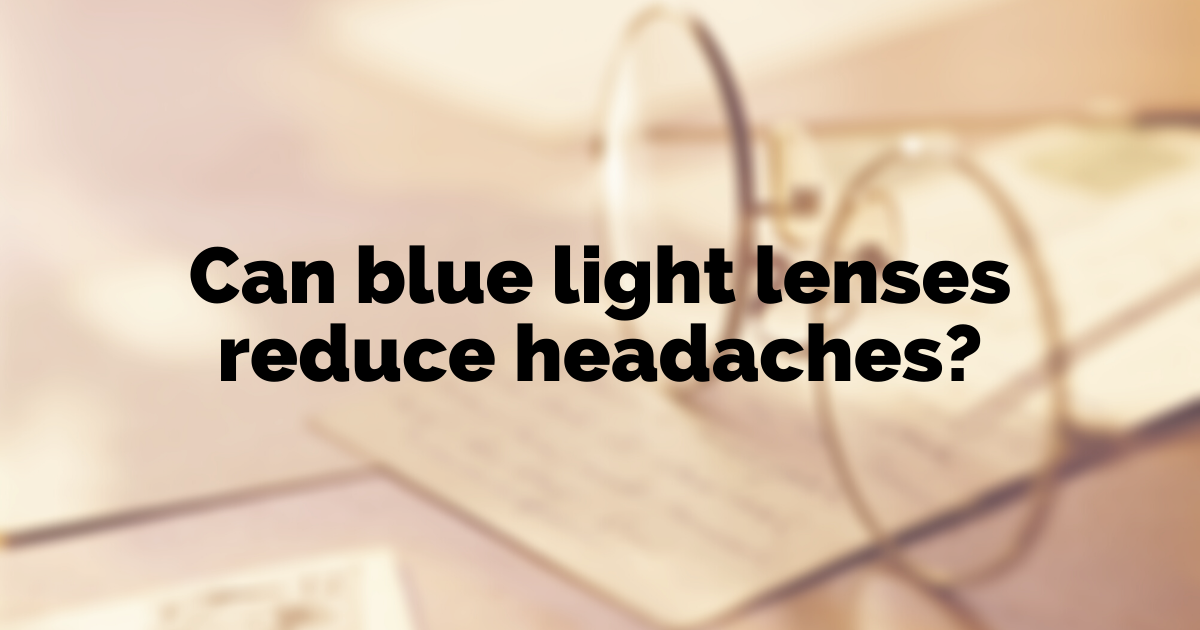Eye drops play a vital role in maintaining ocular health, providing relief from discomfort, and addressing various eye conditions. In the United Kingdom, the use of eye drops is a common practice for individuals seeking to alleviate dryness, redness, or irritation. Understanding the safety aspects of eye drops is crucial for ensuring their effective and responsible use.
Regulatory Standards in the UK
The United Kingdom places a strong emphasis on consumer safety, and this extends to the regulation of pharmaceutical products, including eye drops. The Medicines and Healthcare products Regulatory Agency (MHRA) oversees the approval and monitoring of medicinal products, ensuring that they meet stringent quality, safety, and efficacy standards. Before any eye drops reach the market, they undergo rigorous testing to verify their safety and effectiveness.
Over-the-Counter and Prescription Eye Drops
Eye drops are available in two main categories: over-the-counter (OTC) and prescription. OTC eye drops are designed for general use, offering relief from common symptoms such as dryness or redness. These products typically undergo less stringent testing than prescription eye drops but are still subject to regulatory standards. Prescription eye drops, on the other hand, are formulated for specific medical conditions and are closely monitored by healthcare professionals.
Common Uses and Considerations
Eye drops serve various purposes, from lubricating dry eyes to treating allergies or infections. When used as directed, OTC eye drops are generally safe for short-term relief. However, it is essential to adhere to recommended dosage and usage guidelines to prevent adverse reactions. Prescription eye drops, being more potent, require strict adherence to a healthcare professional’s instructions, and regular check-ups may be necessary to monitor their effects.
Potential Side Effects
While eye drops are generally safe when used appropriately, like any medication, they may have potential side effects. These can include temporary stinging or irritation, changes in vision, or allergic reactions. If individuals experience persistent discomfort or adverse effects after using eye drops, it is advisable to seek medical advice promptly.
Tips for Safe Use
To ensure the safe use of eye drops, individuals should follow these guidelines:
- Adhere to recommended dosage and frequency.
- Wash hands before applying eye drops to prevent contamination.
- Avoid touching the eye dropper tip to prevent bacterial contamination.
- Discard eye drops according to the manufacturer’s instructions, especially if they are preservative-free.
- Consult a healthcare professional if experiencing persistent or worsening symptoms.
In the United Kingdom, the use of eye drops is generally safe when individuals adhere to recommended guidelines and use products approved by regulatory authorities. Understanding the distinction between OTC and prescription eye drops, being aware of potential side effects, and following safe usage practices contribute to maintaining eye health. If there are any concerns or questions regarding the use of eye drops, consulting with a healthcare professional ensures personalised advice and guidance tailored to individual needs.
While Arlo Wolf does not sell eye drops we do sell prescription glasses and we even offer a free home trial so you can try the glasses out in the conform of your home.

 Top tips for safe winter driving if you wear glasses
Top tips for safe winter driving if you wear glasses How to improve your eyesight
How to improve your eyesight How can your lifestyle affect your eyesight?
How can your lifestyle affect your eyesight? Can blue light lenses really reduce headaches?
Can blue light lenses really reduce headaches?